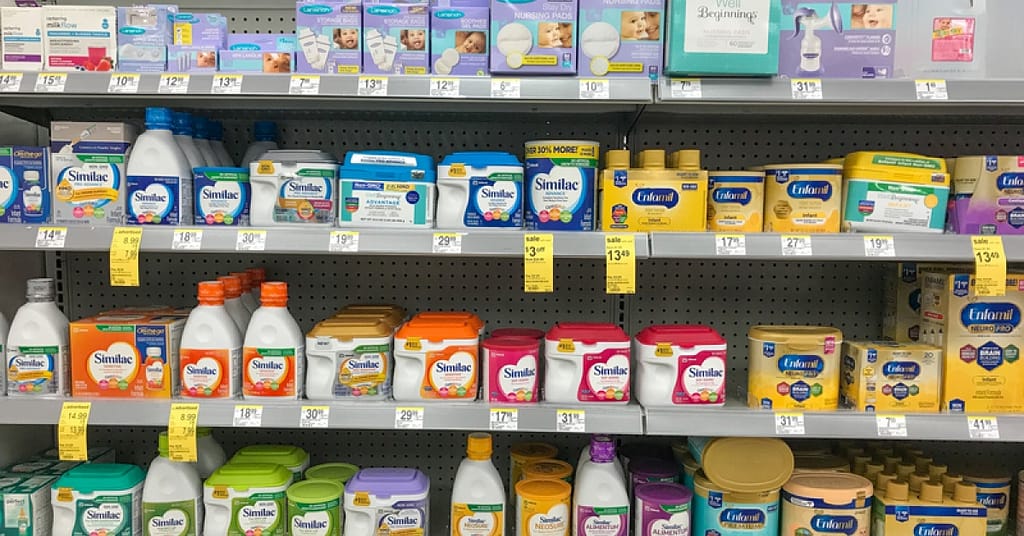(Carrick Pharmacy News) The US Food and Drug Administration (FDA) is taking action to increase the infant and specialty formula supply.
The shortage we are seeing today is the result of a recall initiated in February.
Abbott initiated a voluntary recall of certain products after the company received a few consumer complaints related to Cronobacter sakazakii or Salmonella Newport in infants who had consumed baby formula made in one of their manufacturing facilities.
Cronobacter sakazakii and Salmonella Newport are germs that can lead to serious infections.
Since February, the FDA has been working with Abbott and other baby formula manufacturers to bring safe products to market.
“Ensuring the availability of safe, sole-source nutrition products like infant formula is of the utmost importance to the FDA,” said FDA Commissioner Dr. Robert M. Califf in a press release. “Our teams have been working tirelessly to address and alleviate supply issues and will continue doing everything within our authority to ensure the production of safe infant formula products.”
The agency was working on the following to increase the current supply of infant formula in the US:
- Meeting with infant formula manufacturers regularly to see if they could increase production of their baby formula and certain medical foods. Furthermore, the companies were prioritizing the specialty formulas, which were the most in need.
- Expediting review of manufacturing changes that would help increase supply.
- Looking at the data to make sure the right amount of infant formula was available in the right locations and, if not, where the formula should go instead.
- Expediting certificates that would allow already permitted products from abroad to come into the US.
- Streamlining the entry review process for certain baby formula products coming from foreign facilities.
- Hopefully putting buying restrictions in place in order to protect infant formula inventories for all consumers.
The FDA was also not objecting to Abbott Nutrition releasing product to those needing urgent, life-sustaining amounts of certain specialty and metabolic formulas. This was being done on a case-by-case basis and involved consulting with your health care provider.
The FDA continued to recommend against making infant formulas at home. Homemade formulas have been linked to serious health and safety concerns, such as contamination and not having the right amounts of critical nutrients.
These problems can lead to severe nutritional imbalances and foodborne illnesses, which both can be life-threatening. The FDA has received adverse event reports of babies who were fed homemade infant formula and hospitalized with hypocalcemia (low calcium).
However, the agency did recommend communicating with your child’s health care provider on changes in feeding practices, if needed.
Speak with your health care provider if you have any questions.



